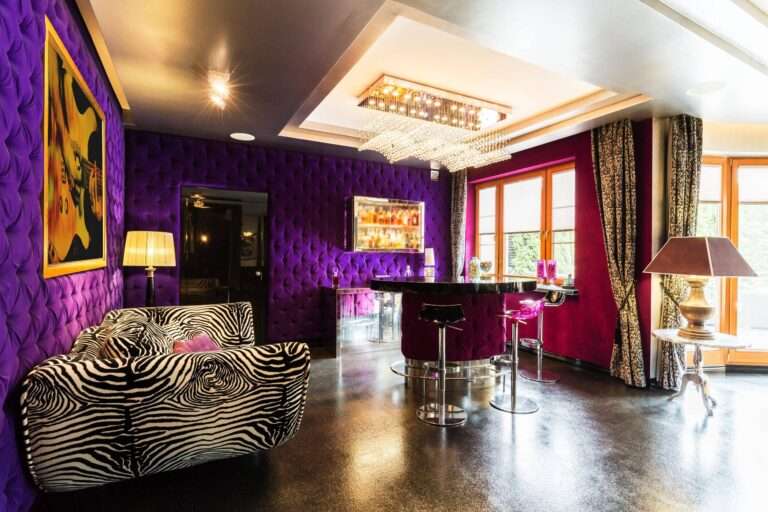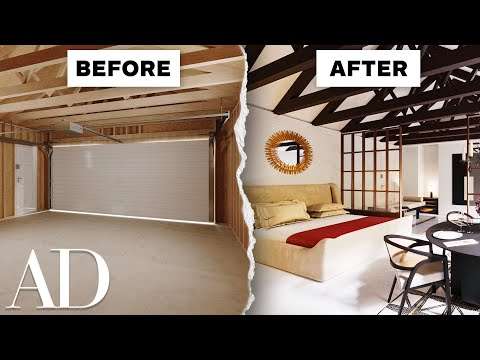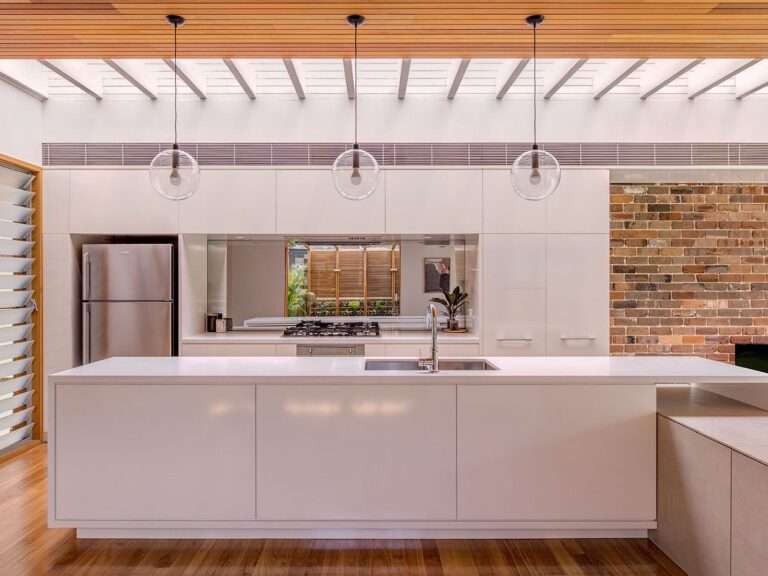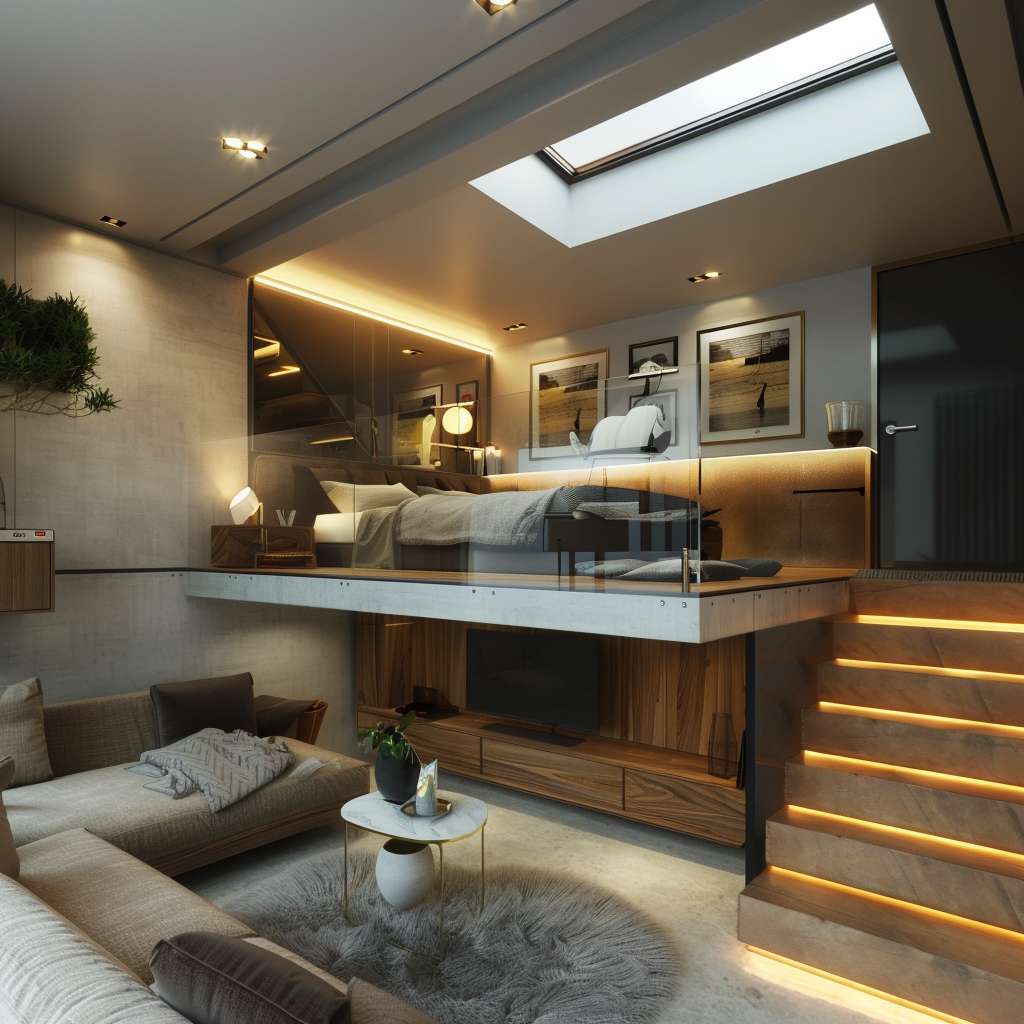

In today’s world of modern living, space isn’t always abundant, especially in small, compact apartments or rooms. Designing for smaller spaces can be more challenging, but it’s all about creating a luxurious feel without overcrowding. However, you can transform even the smallest area into a cohesive and spacious haven. In this blog, we’ll share expert tips and tricks for maximising your interior design potential in compact spaces, ensuring that every inch is both functional and aesthetically pleasing. Whether you’re dealing with a tiny apartment or a compact room, these ideas will help you create an elegant and inviting environment that feels much larger than it is.
Living in a compact space is no longer the style constraint it once was. The world is full of bijou yet luxe, stylish houses and apartments. But where there’s creativity there’s style, so here are six interior design tips to help you create a lavish, luxury feel in a small but perfectly formed living area.
1. Play to the atmospheric strengths of a smaller space
Considering the unique features of your space is the first step. What pre-existing focal points do you have? In older buildings this could be cornice mouldings, baseboards, original fireplaces, exposed pipes or brickwork – use the history and feel of the space to best effect. The same goes for modern builds, perhaps clean lines, sweeping curves, and big window treatments. Identify your interior’s key features and work with them to bring together a cohesive design aesthetic.
In a compact space, the principle of “less is more” is especially important when it comes to focal points. By working with the pre-existing features of the room first, you can then carefully edit any additional focal points you wish to create. Too many focal points can be overwhelming, making the space feel cluttered and chaotic.
A common issue in smaller rooms or apartments can be limited floor space. To maximise your space when ground area is limited requires clever use of vertical space, to create an illusion of a larger area. Without the benefit of grand architecture and a sense of openness, in smaller interiors, it’s crucial to leverage the available elements. Elevate the eyeline, giving a roomier feel through verticals. This can be achieved with split levels, if ceiling height permits. Also, the addition of decorative wall mouldings with a vertical orientation can draw the eye upward, making the ceilings appear higher and the room feel more spacious and elegant. This can also be achieved with floor-to-ceiling elements such as a fireplace, or bookcases. Vertically hung artwork can also create the same illusion of space.
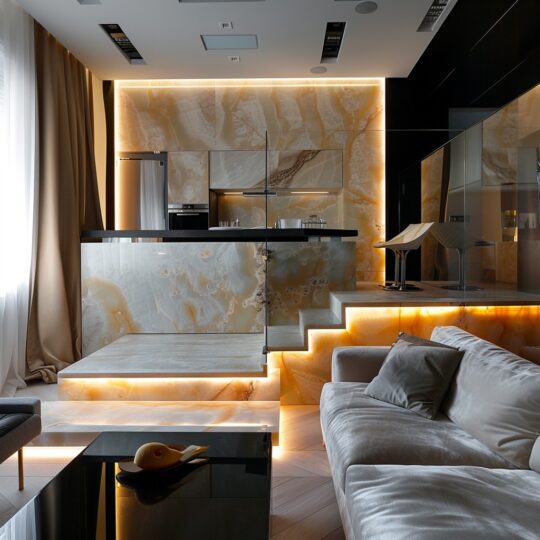

2. Go Bespoke – Make the furniture fit the space, not the other way around
A common mistake when designing for compact spaces, rooms or apartments is opting for smaller furniture. When it comes to smaller spaces, bigger is often better, having fewer pieces that have a grander presence helps keep your focal points limited and creates a greater perception of spaciousness.
Most importantly your furniture should be made to fit the space, not the other way around. Choosing bespoke luxury furniture designed specifically for the space you’re working with means a perfect fit. Besides, what embodies luxury more than completely bespoke furniture designed specifically for you?
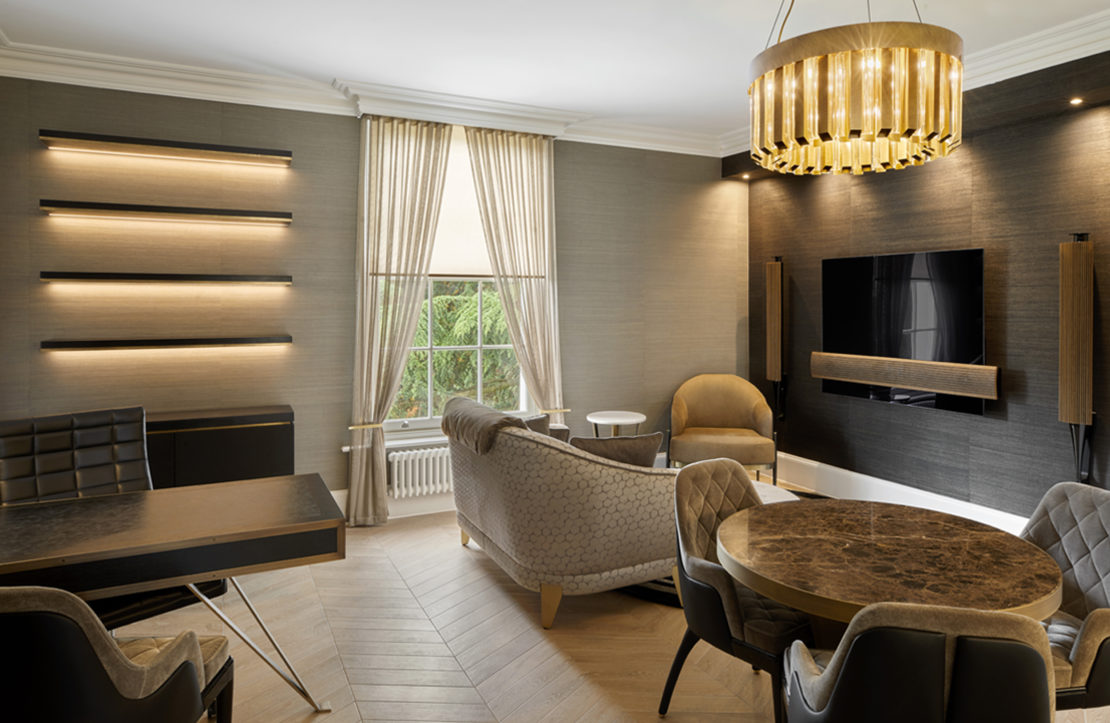

In compact spaces, investing in luxurious materials and finishes is paramount. With fewer furnishings, each piece must carry its weight in terms of functionality, aesthetic appeal, feel and finish. By focusing on quality over quantity, you ensure that every item in your space is meticulously crafted and exudes sophistication. High-end materials and impeccable finishes not only enhance the visual appeal and create a sumptuous sensory experience but also provide durability and longevity. Bespoke designer furniture can also be a superb solution to space issues like unusually shaped rooms, awkward nooks, or tricky corners.
3. Plan a custom lighting concept
In all interior design projects, it’s essential to create custom lighting that works in harmony with the space. In smaller spaces you can use different lighting techniques to highlight spaces as if they were their own room, illuminating the space and completely overcoming issues like poor natural light.
Layered lighting is crucial for creating a dynamic and functional compact living space. Consider the levels of lighting you need in your home, starting from ceiling lighting, high middle lighting including wall lights and floor lamps, and then low lighting such as table lamps.
By incorporating various types of lighting—ambient, task, and accent—you can enhance the room’s depth and versatility. Ambient lighting provides overall illumination, setting a comfortable baseline for the space.
Task lighting, such as reading lamps or under-cabinet lights, focuses on specific areas where activities like reading or cooking take place, ensuring ample visibility.
Accent lighting, including wall sconces or LED strips, highlights architectural features or decorative elements, adding a touch of elegance and personality. This could be key for those focal areas you identified in the space, either integral or ones you wish to create. Together, these layers of lighting create an inviting atmosphere and accentuate the aesthetic appeal of a compact living area.
Top tip – mirrors are superb for naturally diffusing light through a small or awkwardly shaped room, giving a sense of depth and illumination. Large mirrors or mirrored furniture reflect any natural light, amplifying and brightening the space.
4. Harness the power of colour and texture in compact spaces
When designing a compact living space, the colour palette and texture play crucial roles in creating a cohesive and spacious feel. Sticking to a theme, such as a monochromatic colour scheme, can significantly enhance the room’s sense of unity. Whether you choose light or dark tones, a consistent colour palette can make the space feel larger and more harmonious.
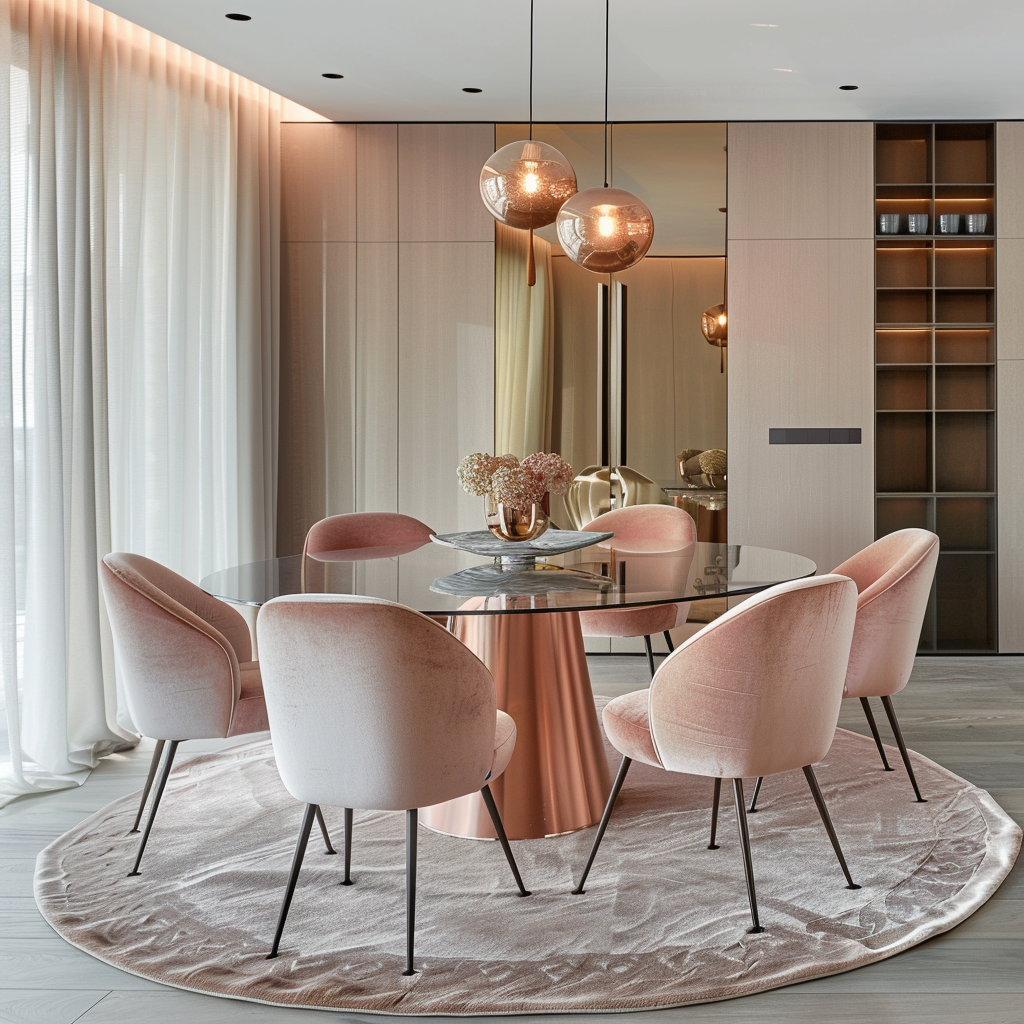

Incorporating sumptuous textures, like velvet, silk, high-quality leather, marble or walnut, adds a layer of opulence and sophistication. These rich textures not only provide visual interest but also elevate the tactile experience, making the room feel luxurious and inviting. In luxury interior design, it’s all about the small details. This is ever more important in a smaller apartment or room, so focus on quality design, materials, finishes and detailing to create a truly opulent look and lavish ambience.
5. Creating flow with broken plan interior design
Broken plan interior design or living are, simply put, a clever and sophisticated use of space. Unlike traditional open-plan layouts, broken-plan design zones areas using split levels and semi-permanent partitions, such as floor-to-ceiling dividers, bookcases and even rugs. These subtle divides create distinct areas within a room, giving a sense of division without closing off the openness of a space.
Beyond its practicality, broken-plan layouts maintain the light and spacious feel of open-plan designs while adding cosy, functional living areas. These room dividers can also offer a practical method of decluttering a space by adding innovative and elegant storage solutions.
This leads us to our final tip…
6. Declutter: Transforming small spaces into serene sanctuaries
Clutter is the enemy of small spaces, turning them into stressful and overwhelming environments. In compact living areas, every item out of place can create a sense of chaos and disorder. Our eyes need negative space to rest and appreciate the beauty of our surroundings. The accumulation of unnecessary belongings not only eats up precious space but also hampers the flow and functionality of your home.
To transform your small space into a serene sanctuary, it’s essential to clear the clutter and adopt smart storage solutions. By doing so, you can create a peaceful, organised, and visually appealing environment that promotes relaxation and well-being.
To achieve this, you need to maximise tall storage options, such as high shelves, floor to ceiling bookcases, or built in storage to minimise the amount of floor space needed and maximise storage space.
Incorporating smart storage items can help hide everyday essentials, creating a serene and uncluttered living experience. By focusing on smart storage solutions, and multifunctional furniture you can maintain a minimal, organised and decluttered environment, allowing the true elegance of your interior design to shine through without compromising on the functional needs of the space.
Designing a compact space doesn’t mean compromising on luxury and style. By implementing these six tips, you can create a lavish, elegant, and functional living environment that maximises every inch of space. Embrace the beauty of bespoke furniture, the power of layered lighting, the richness of sumptuous textures, and the efficiency of smart storage solutions. Remember, it’s all about quality over quantity, and with thoughtful interior design choices, even the smallest spaces can become opulent havens.
We’re here to help
Our award-winning interior designers are visionaries, capable of seeing the potential in any space, no matter how compact, and transforming it into something truly exceptional. Get in touch and find out how we can help you transform your room, apartment or home.



